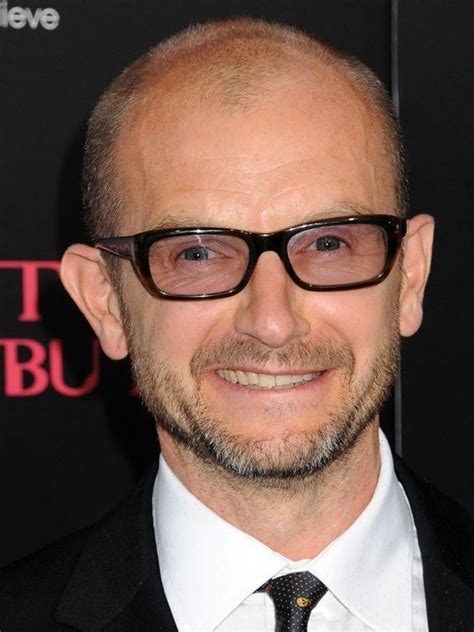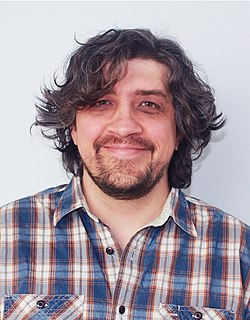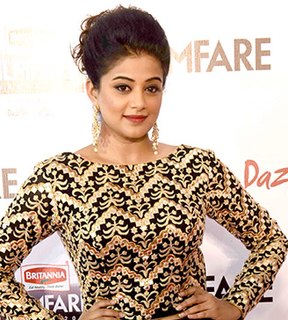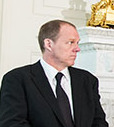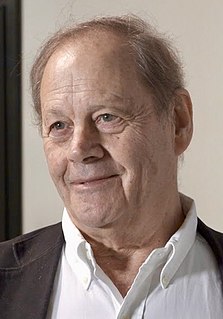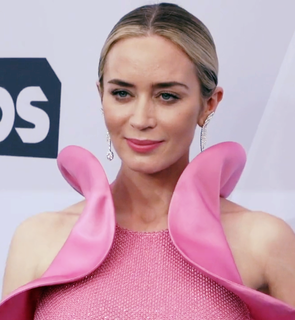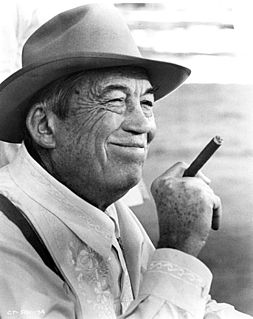A Quote by Michael Haneke
If you do an original film and you want to cut a scene out you do it. But when you do a shot by shot remake you don't have that option and every scene has to work again.
Related Quotes
If I'm ever working on a set and anyone talks about a master shot, I say there is no master shot. Before I even went to film school, I learned about movies by being in a British feature film, where everything was shot master shot, mid-shot, close-up. But I reject the idea of a master shot. You don't shoot everything mechanically; you find imaginative ways that serve the action.
Film and television are very different. On the TV show, we do seven or eight scenes a day, so time and money are of the essence, and we have zero room for creativity because you've got to do each scene in only five takes. Whereas, on a film, you have an entire day to film one scene, so you have so much time to choose how you want to fill in a scene.


